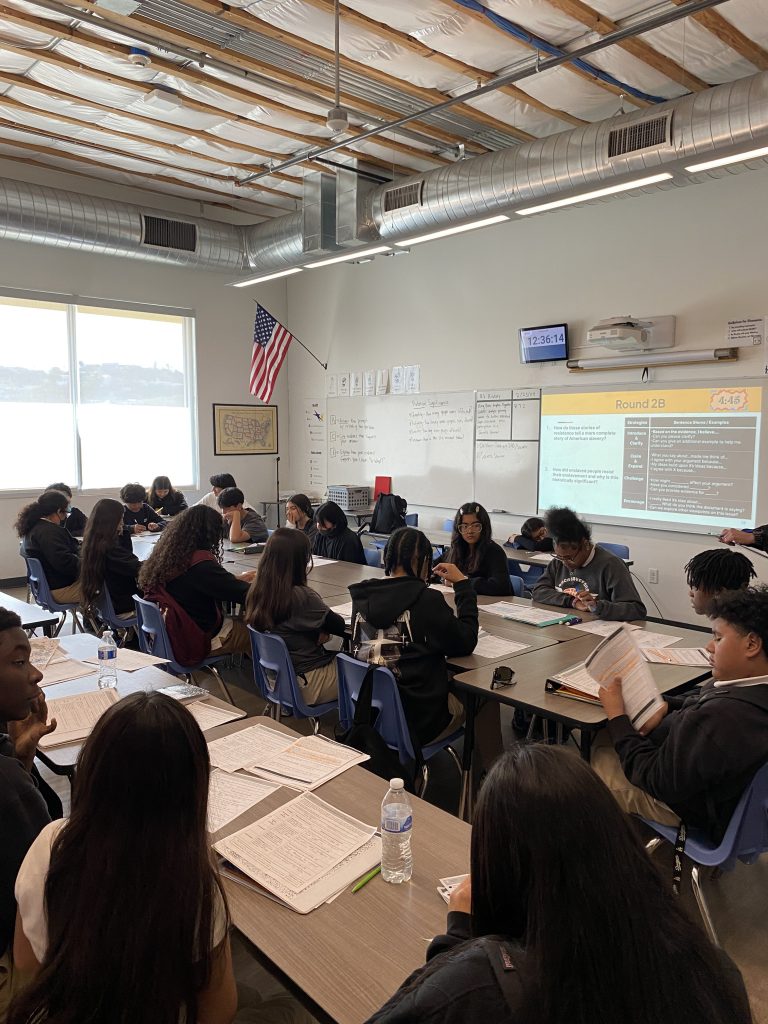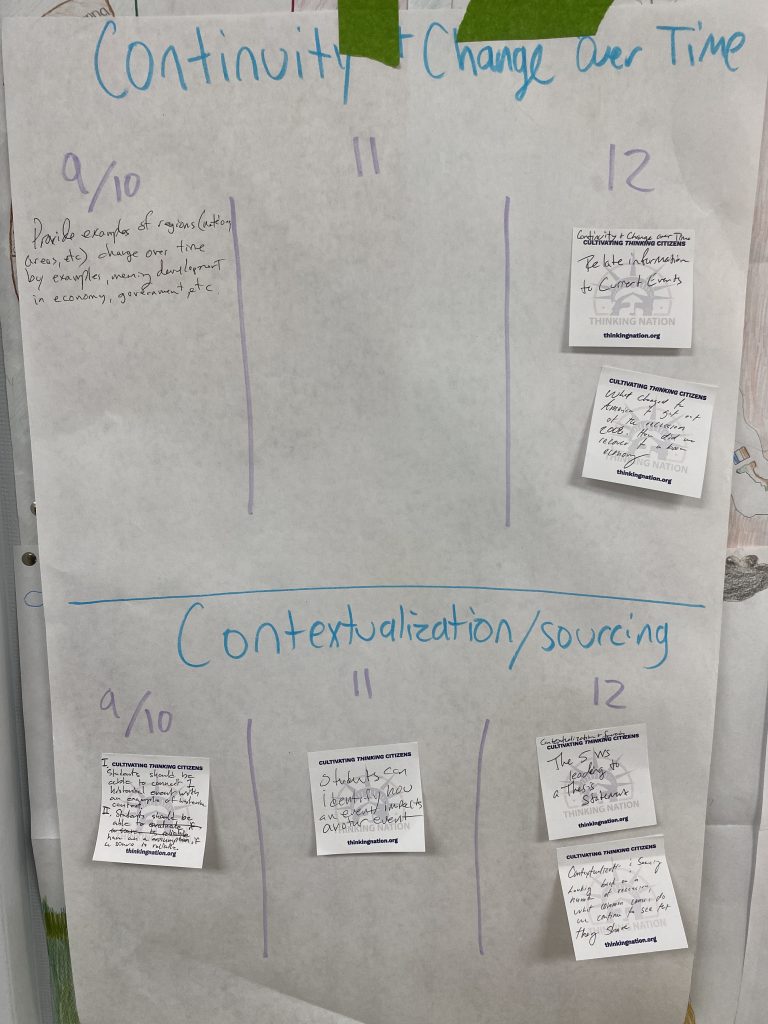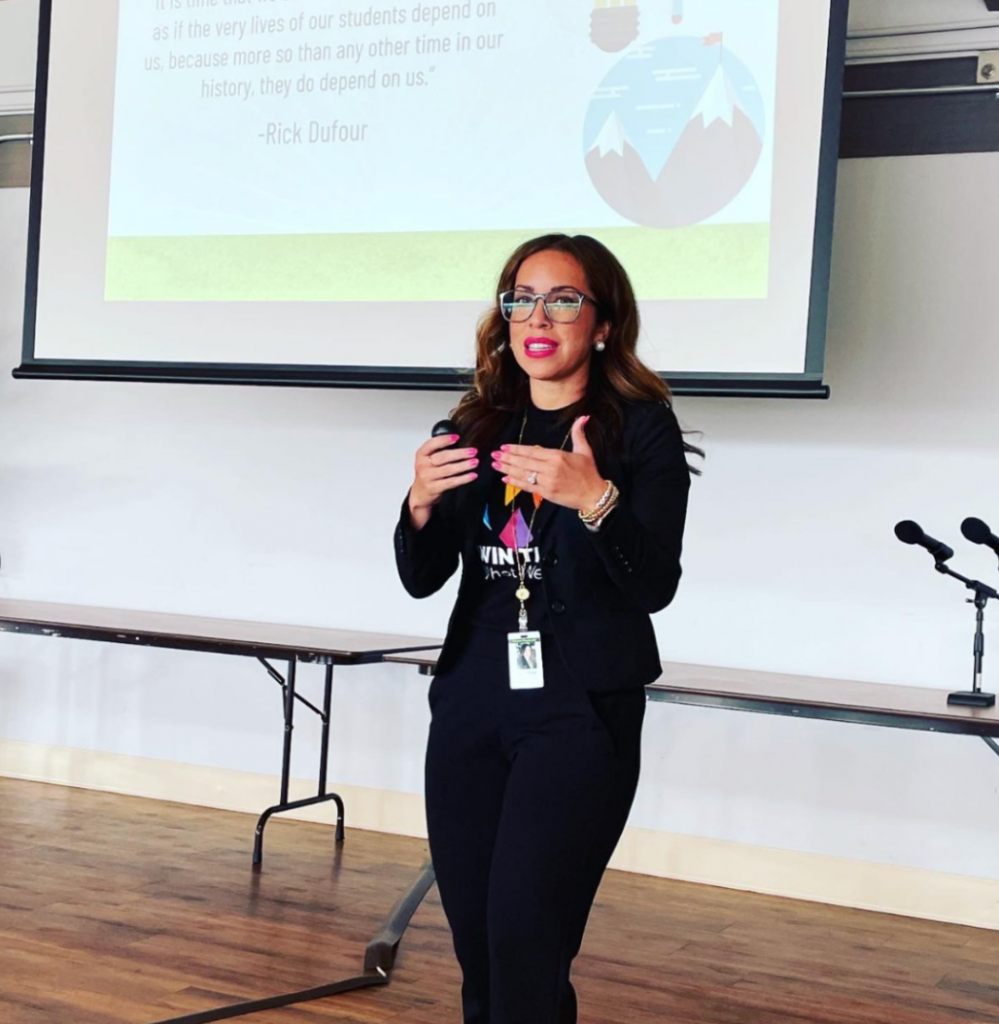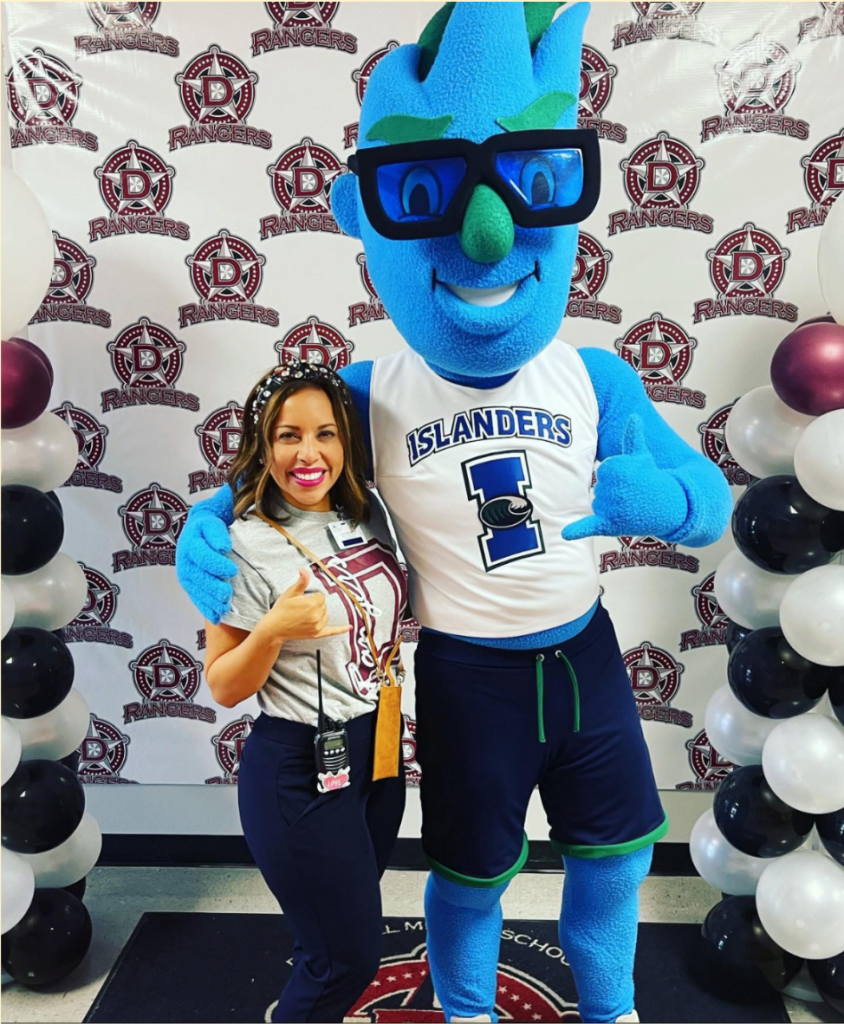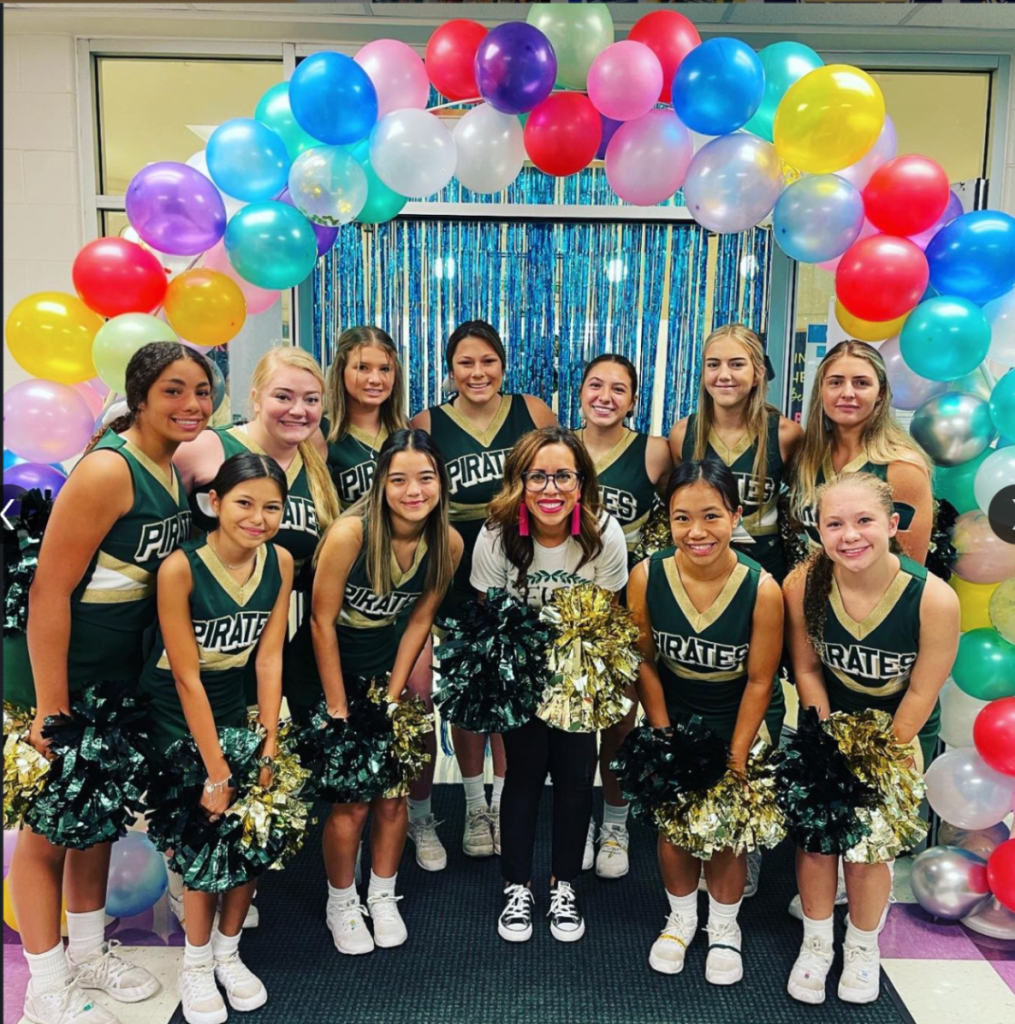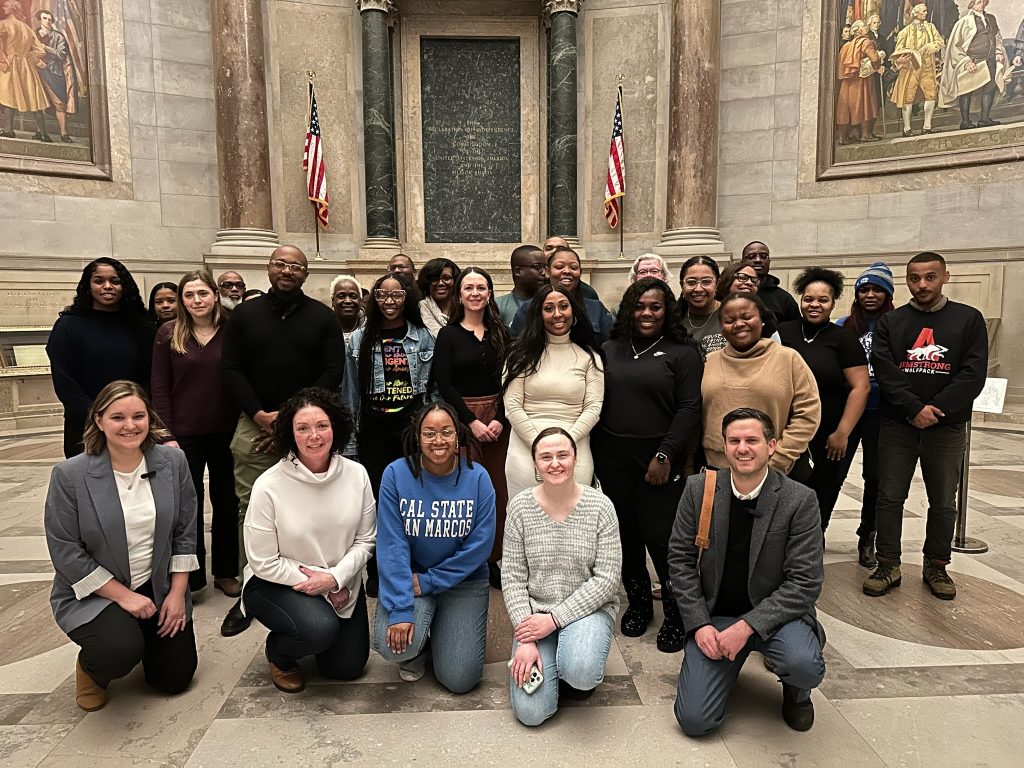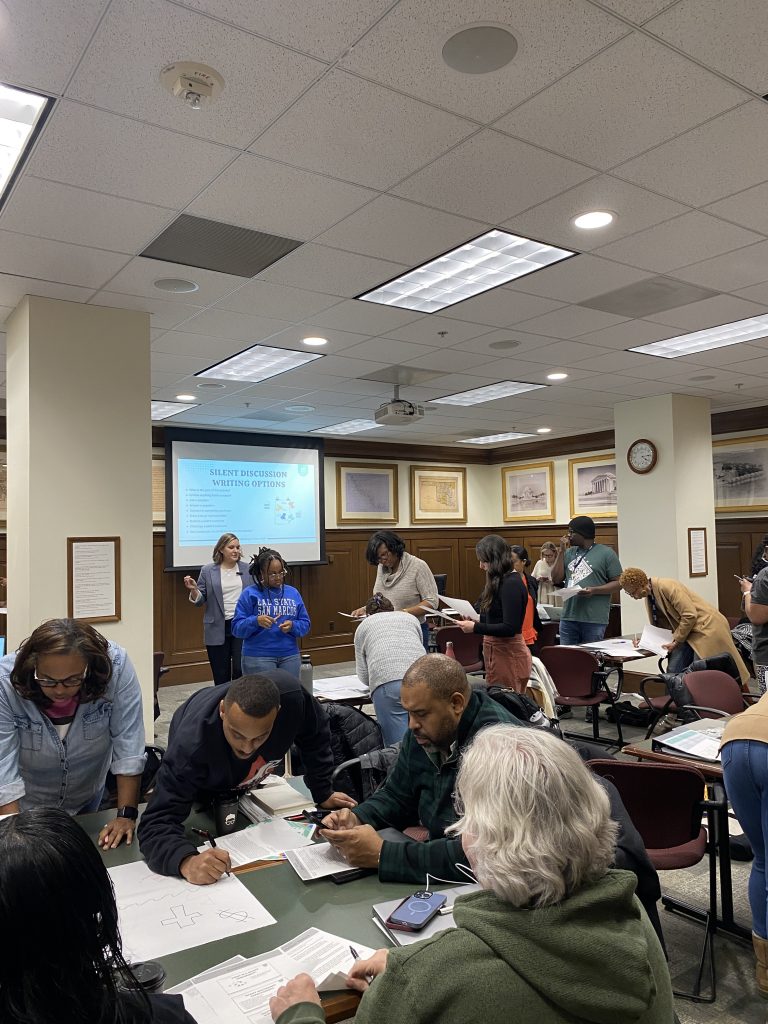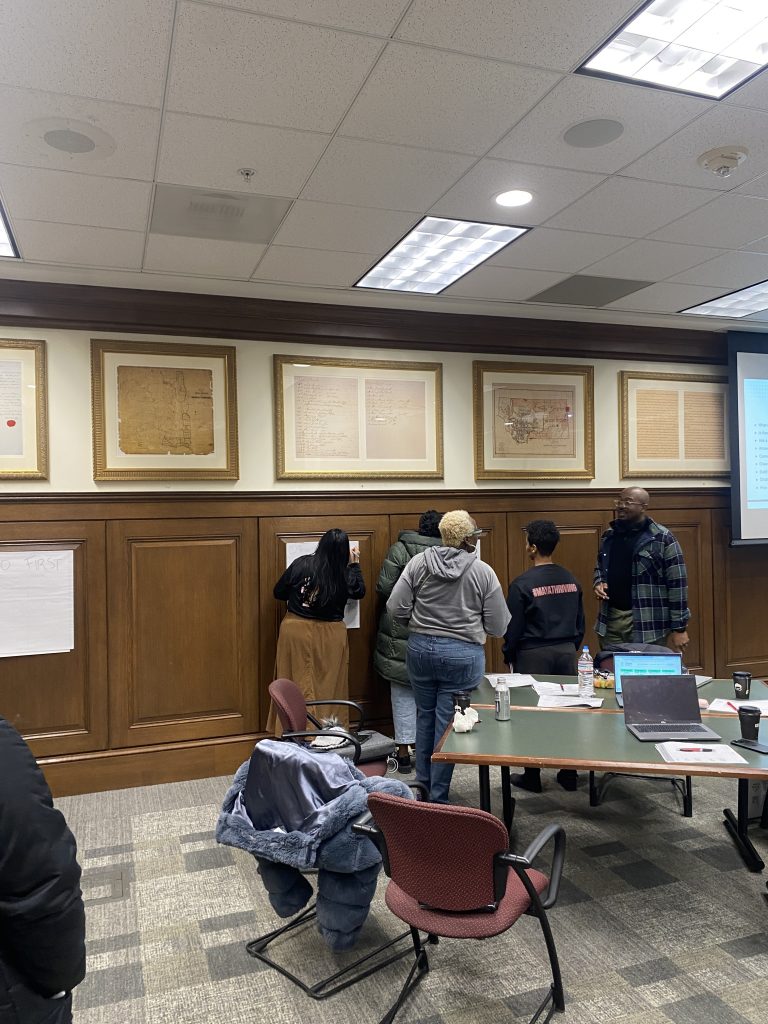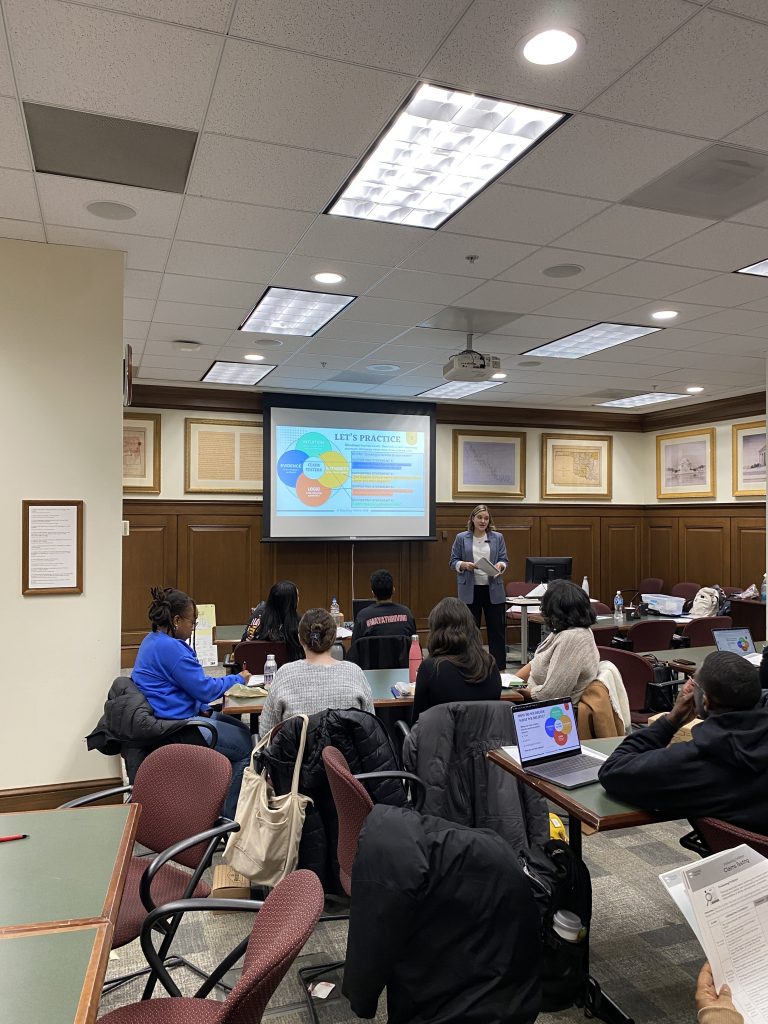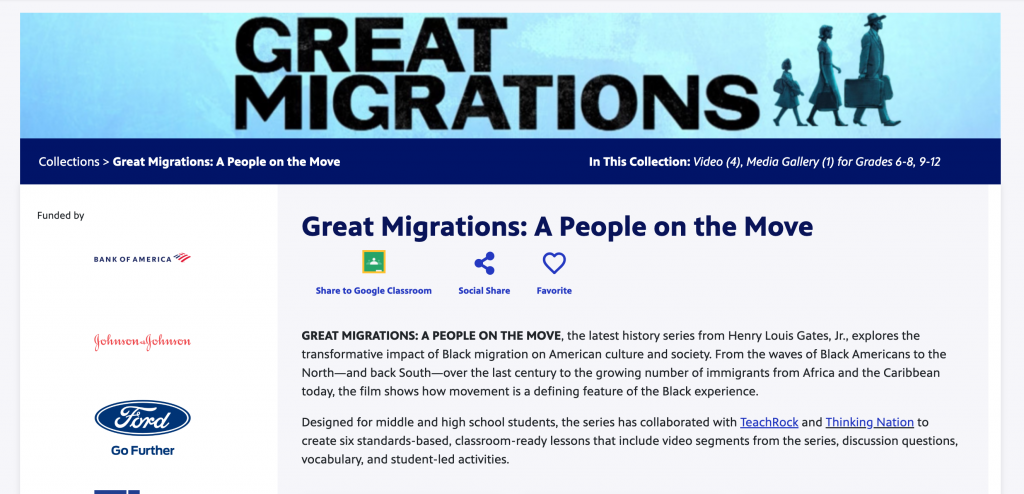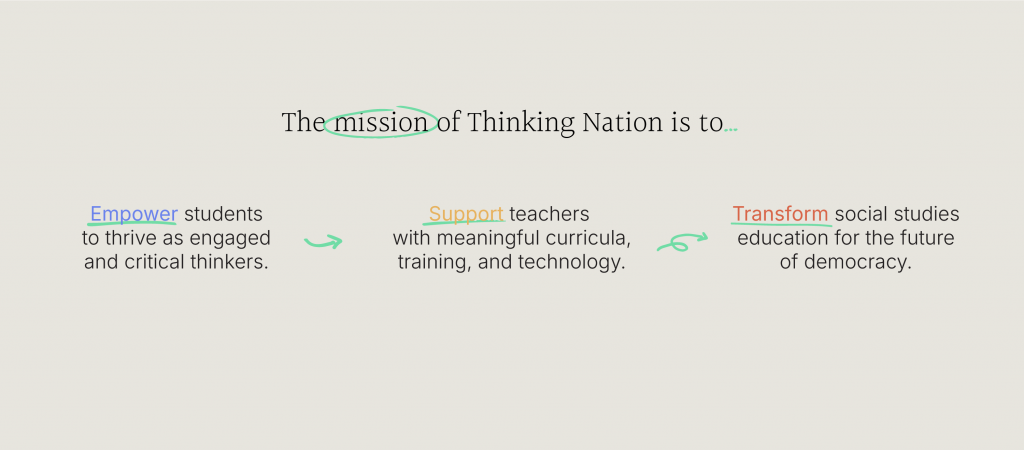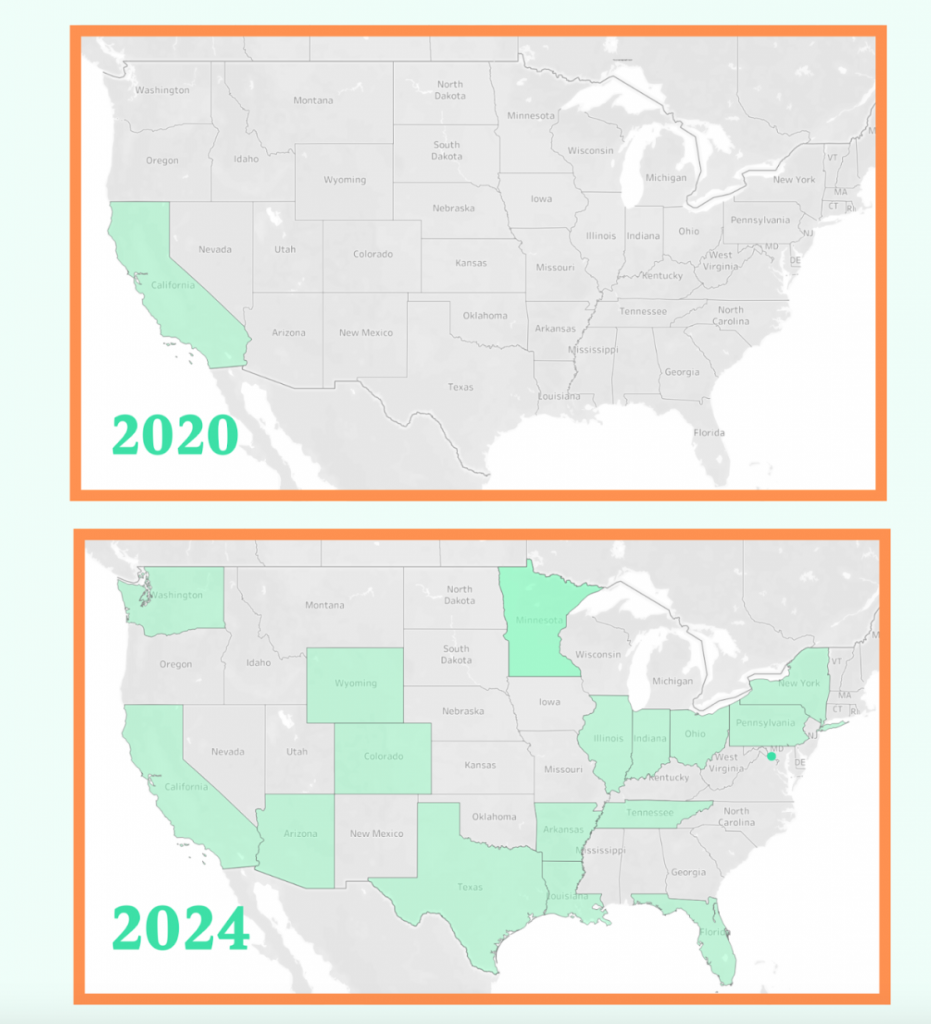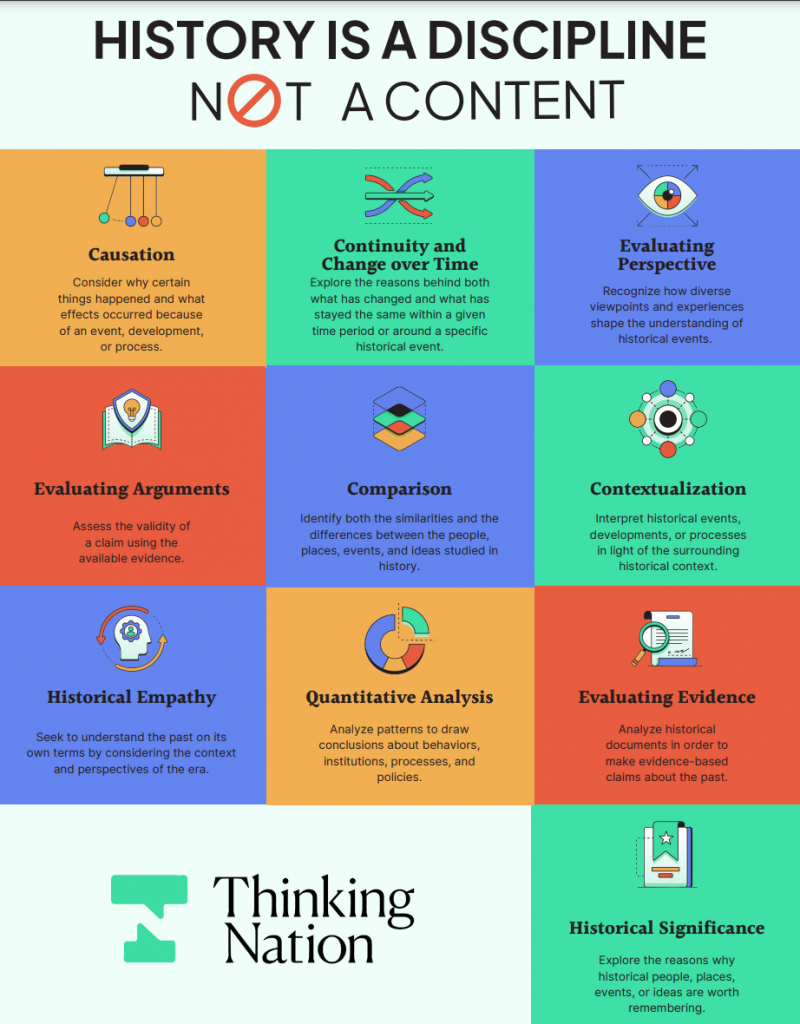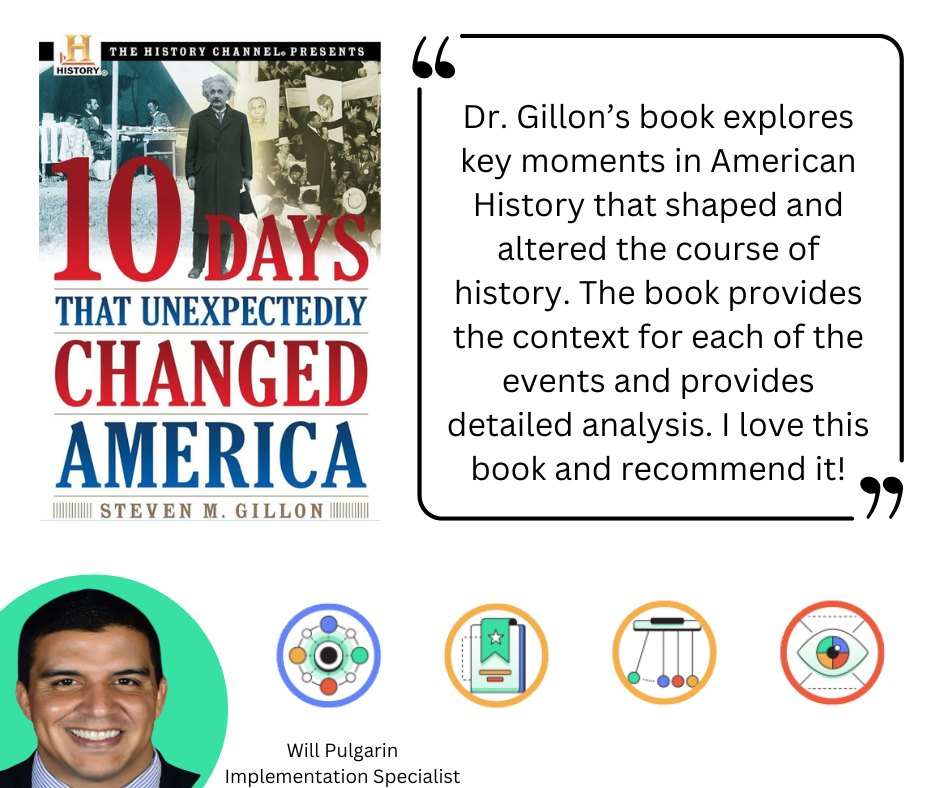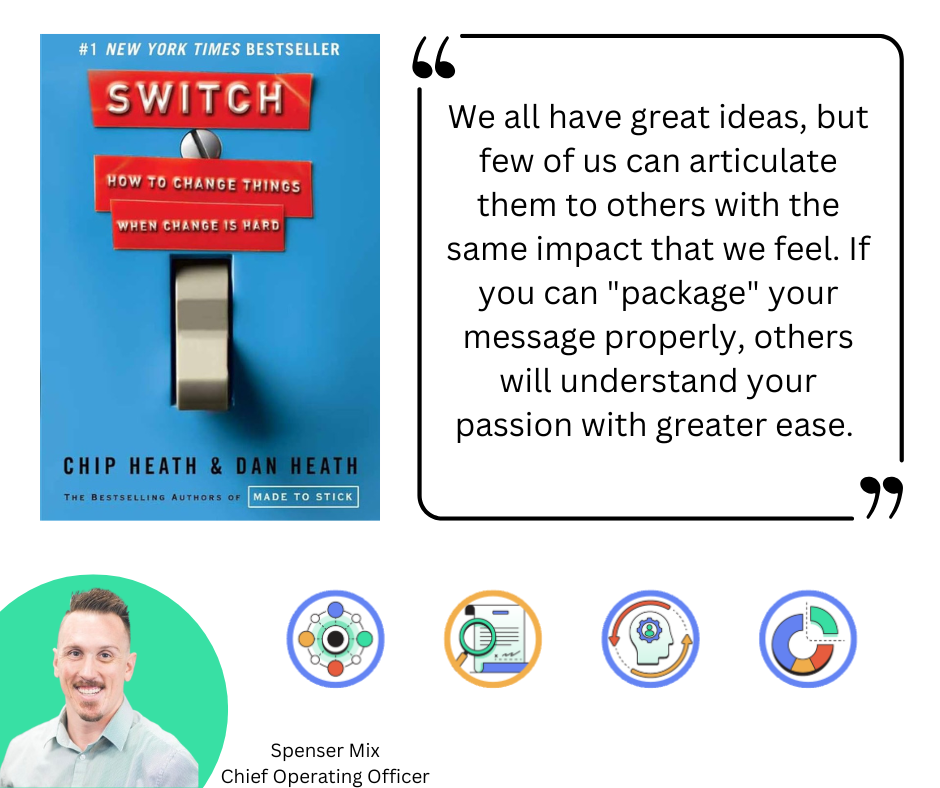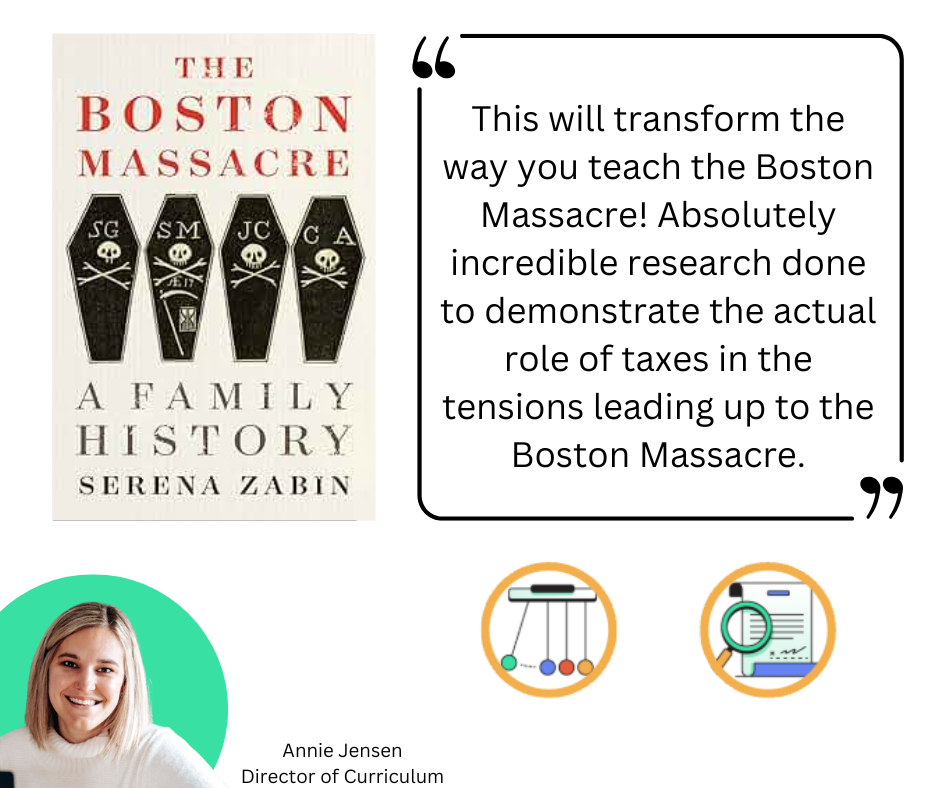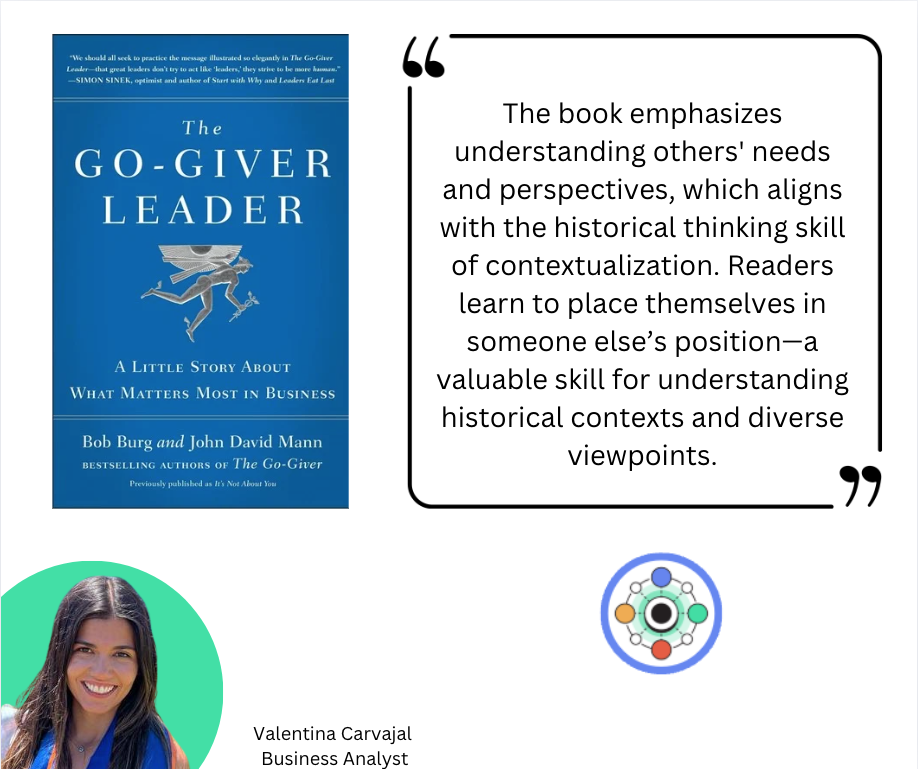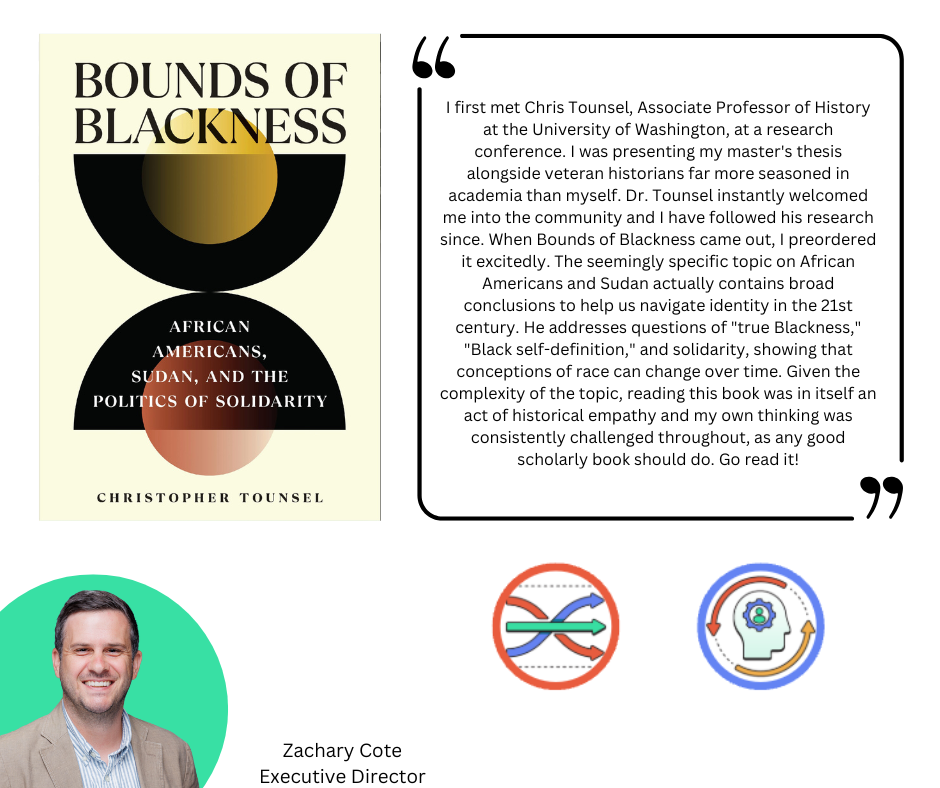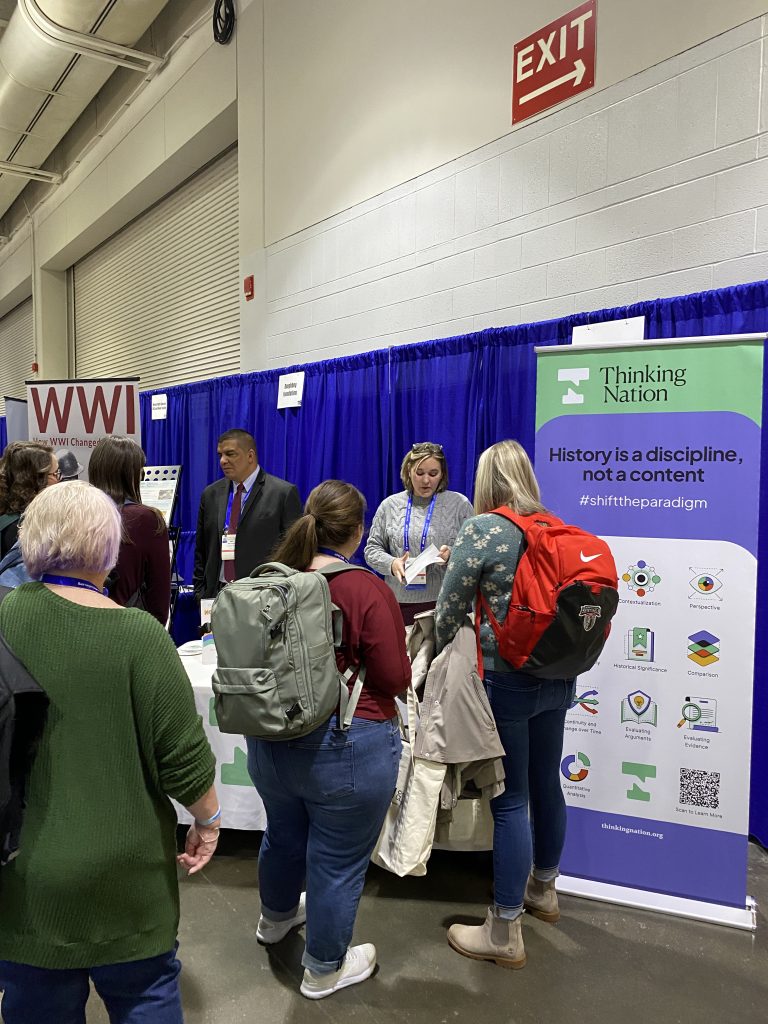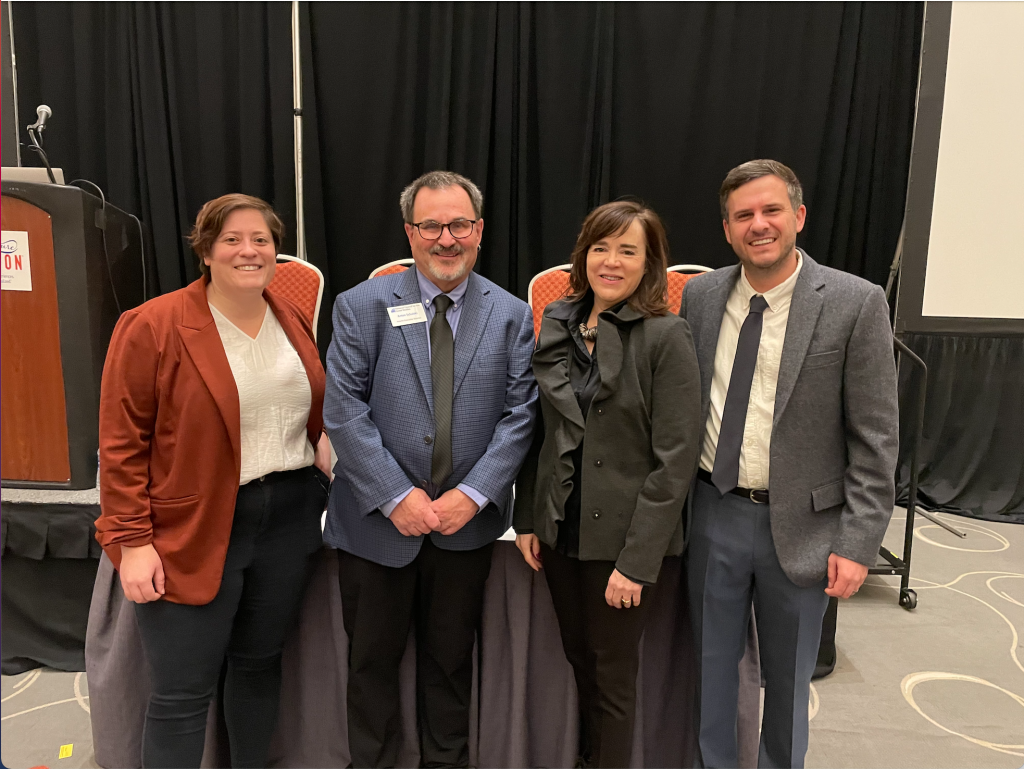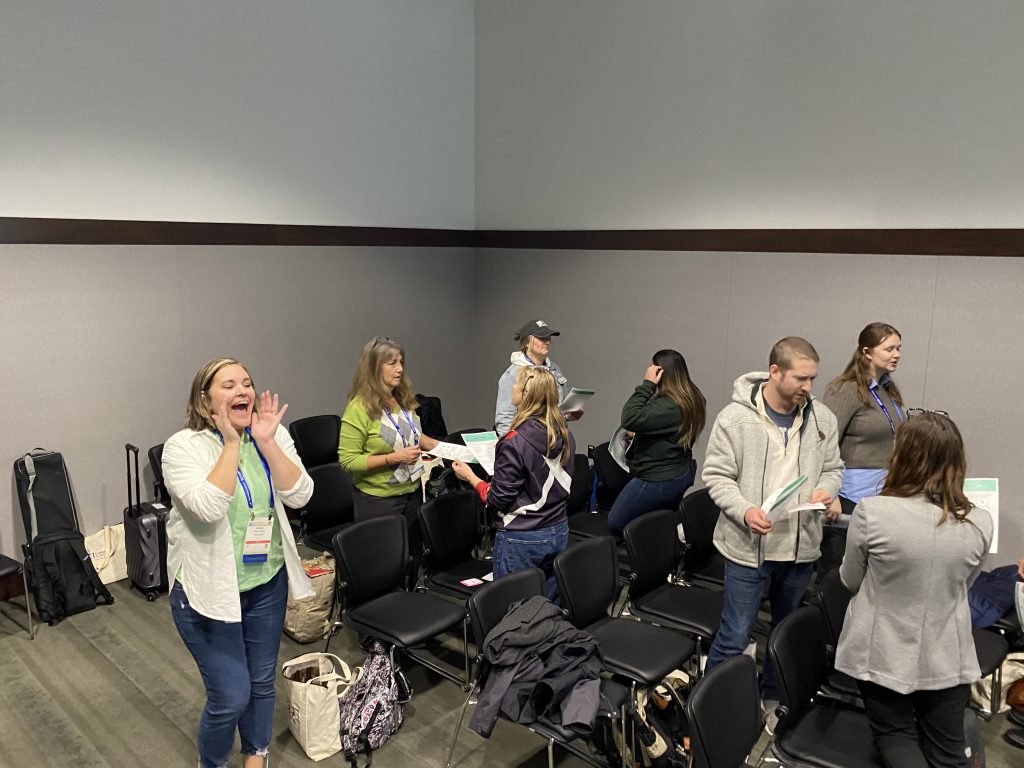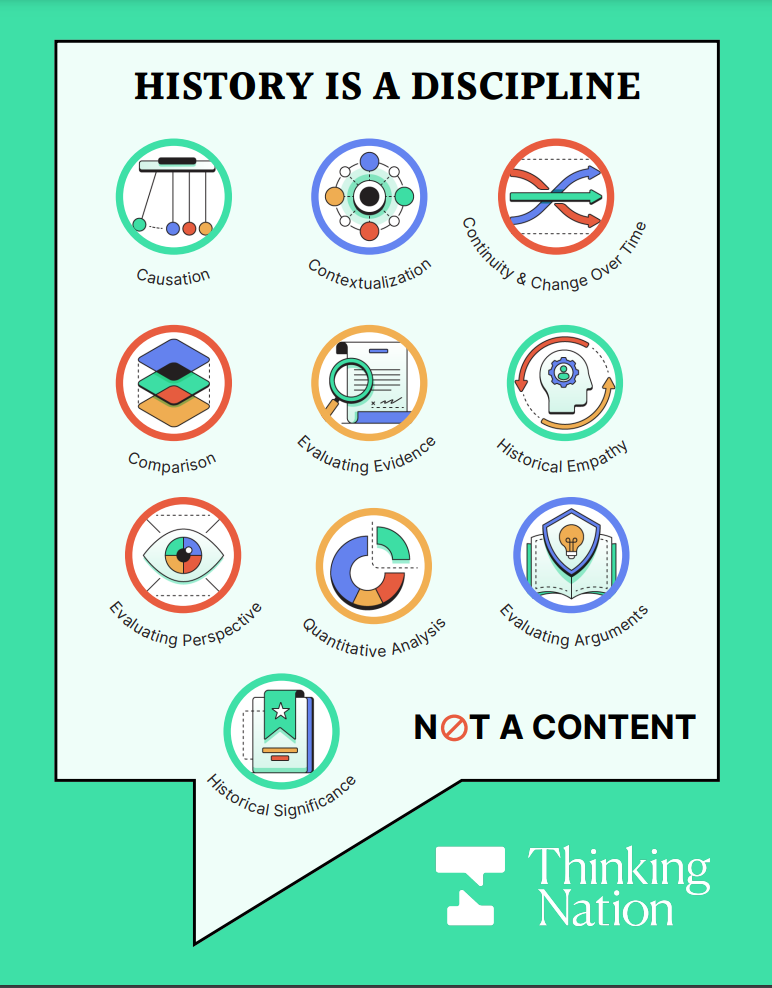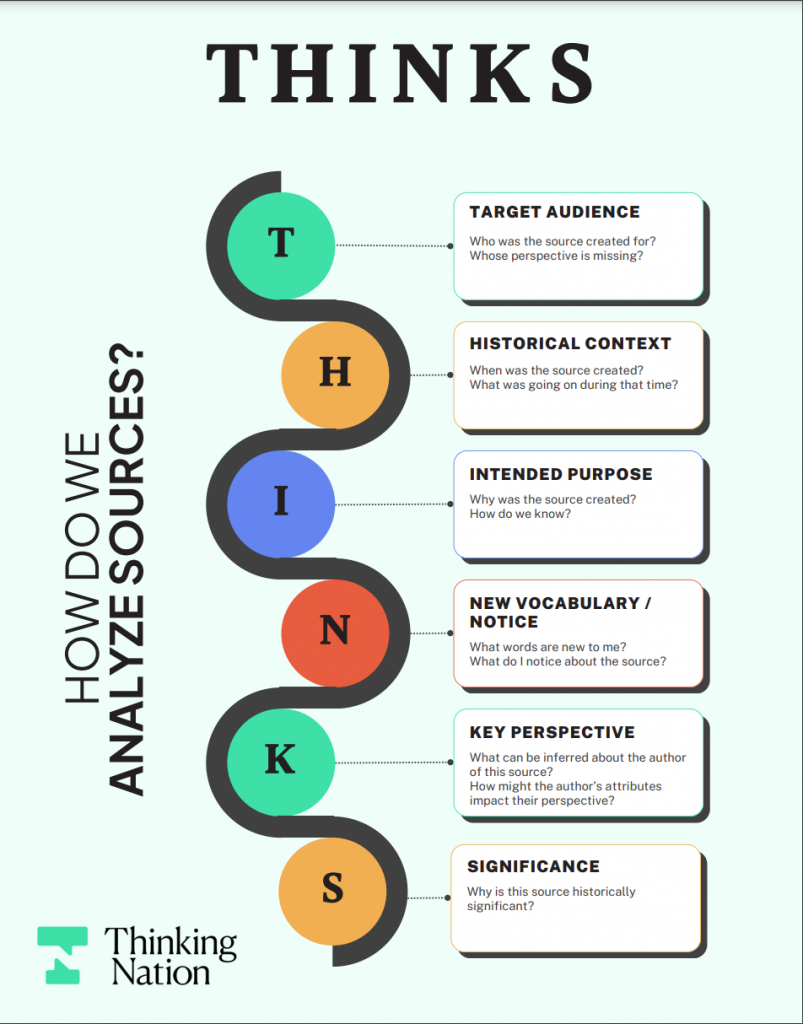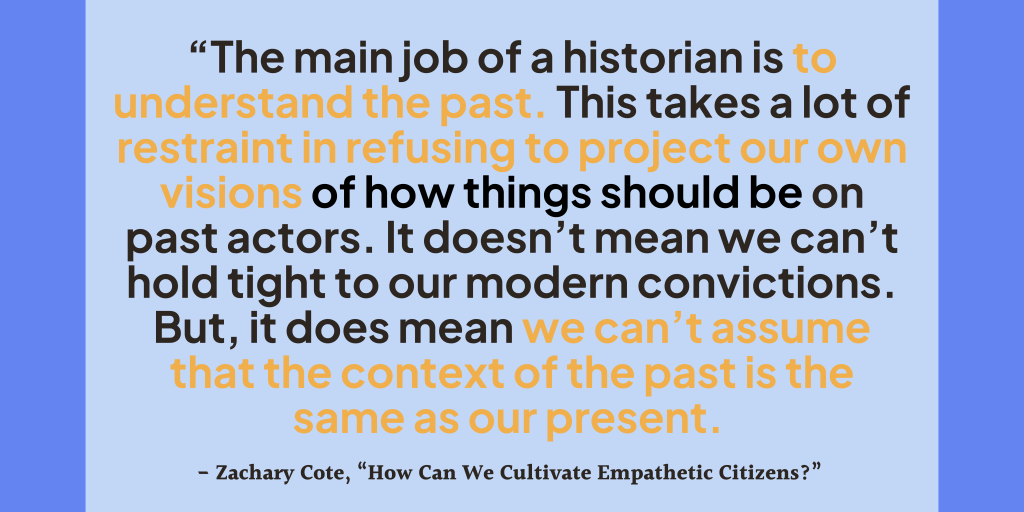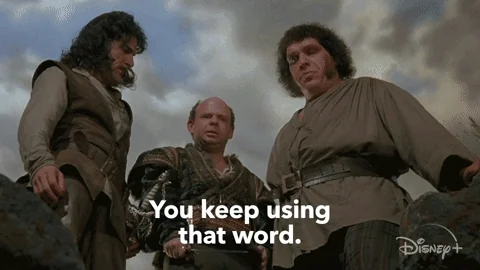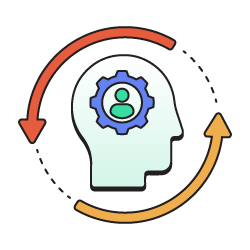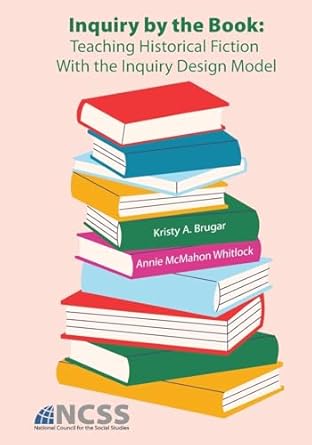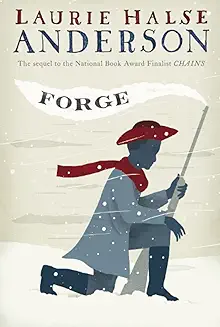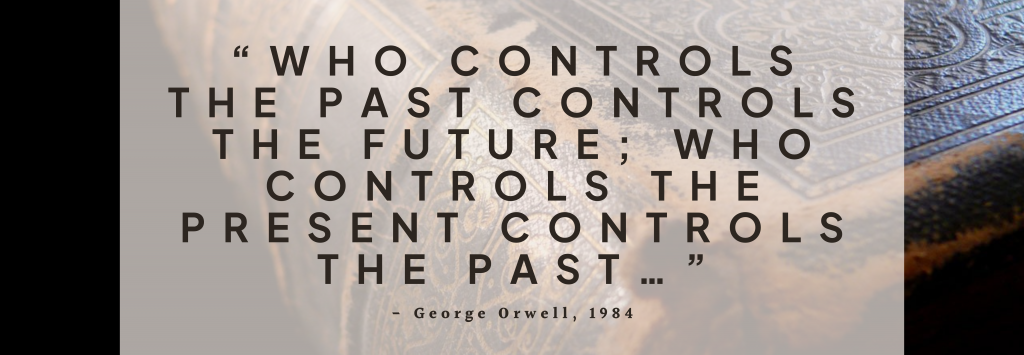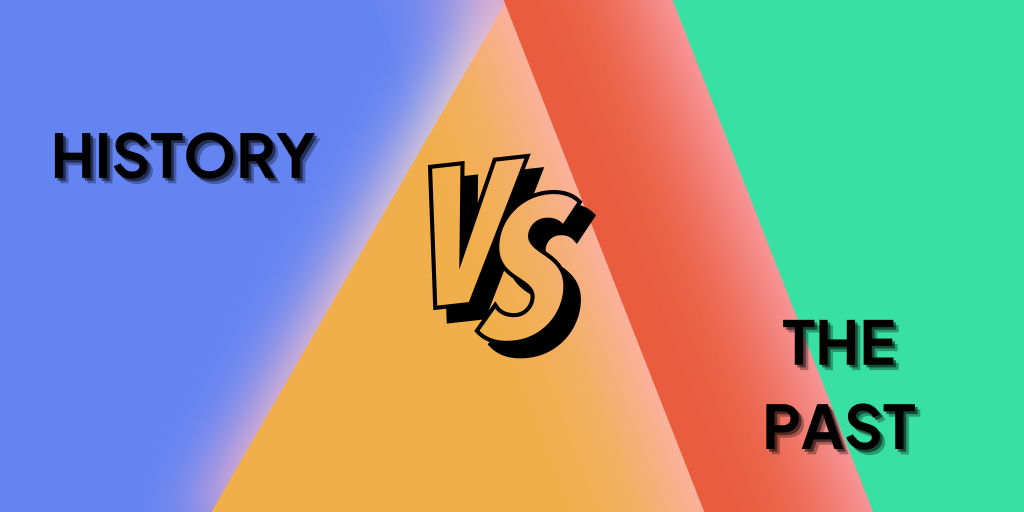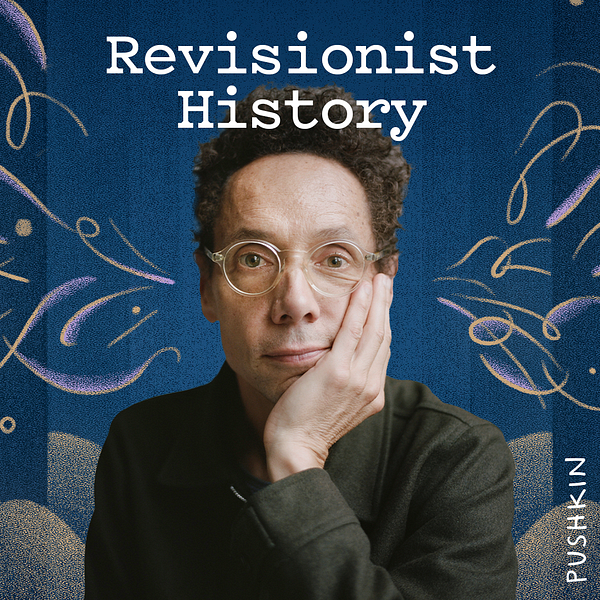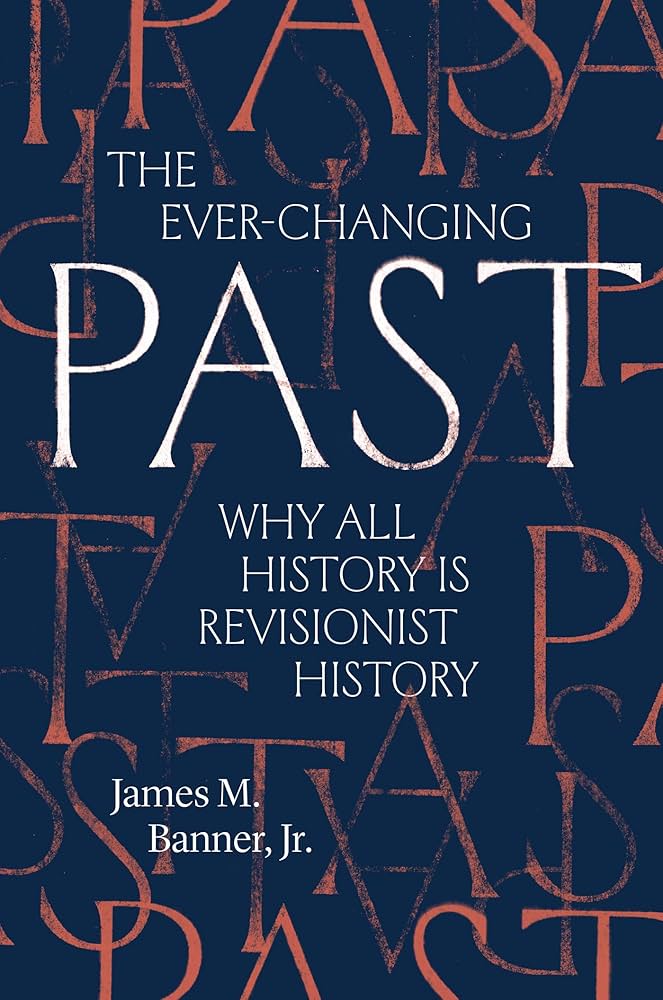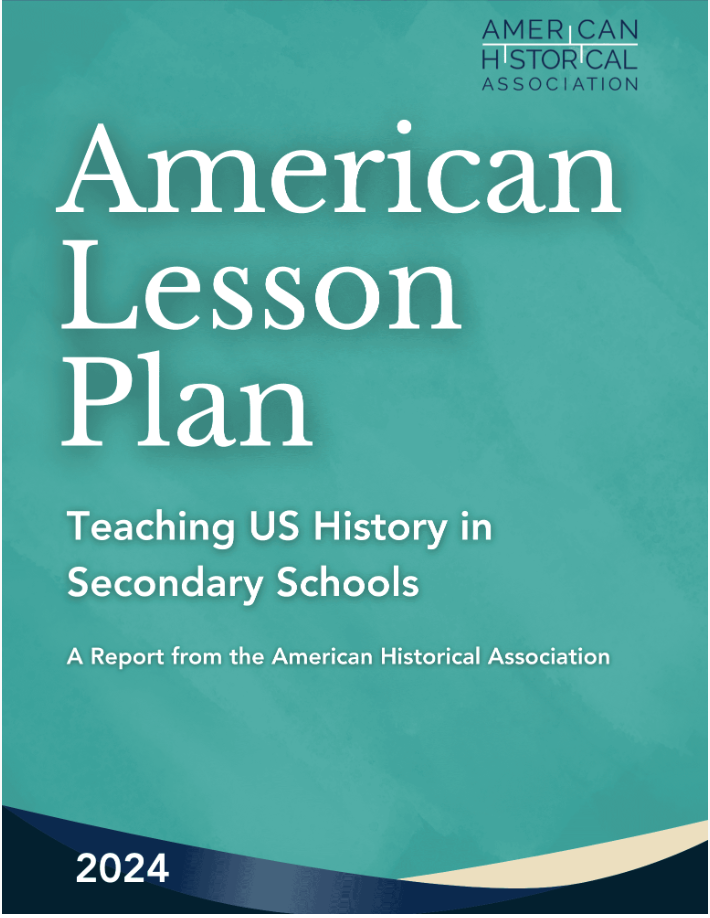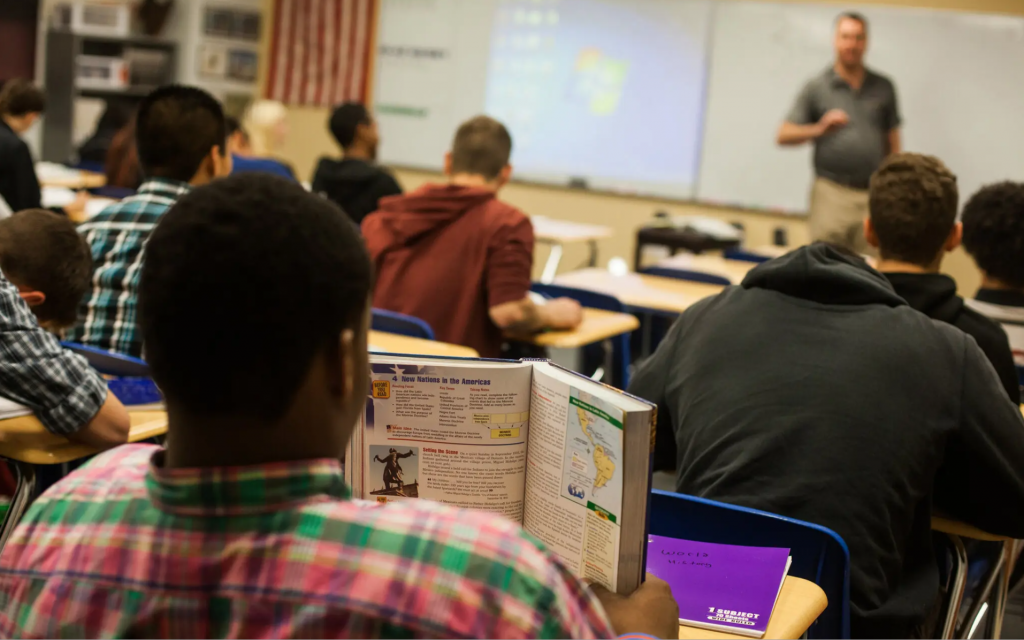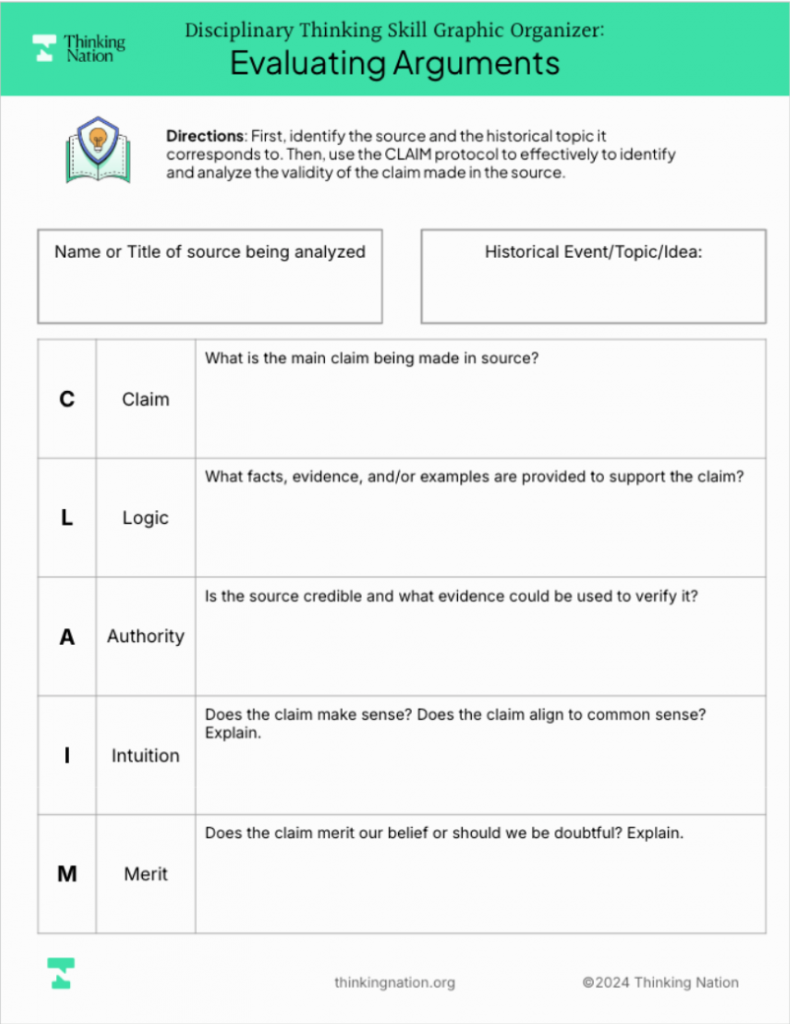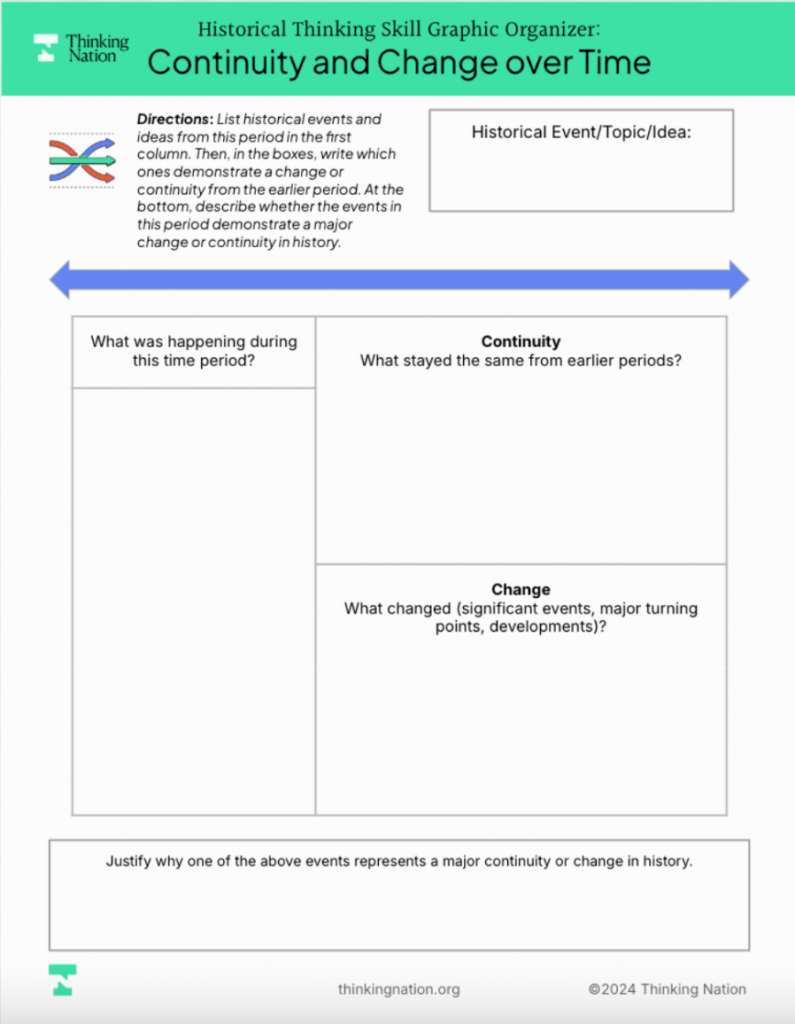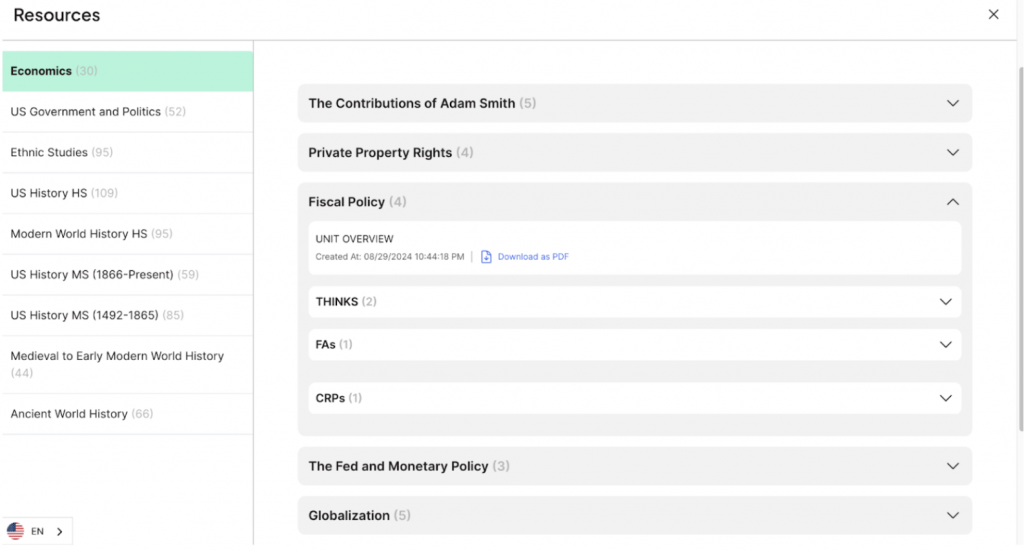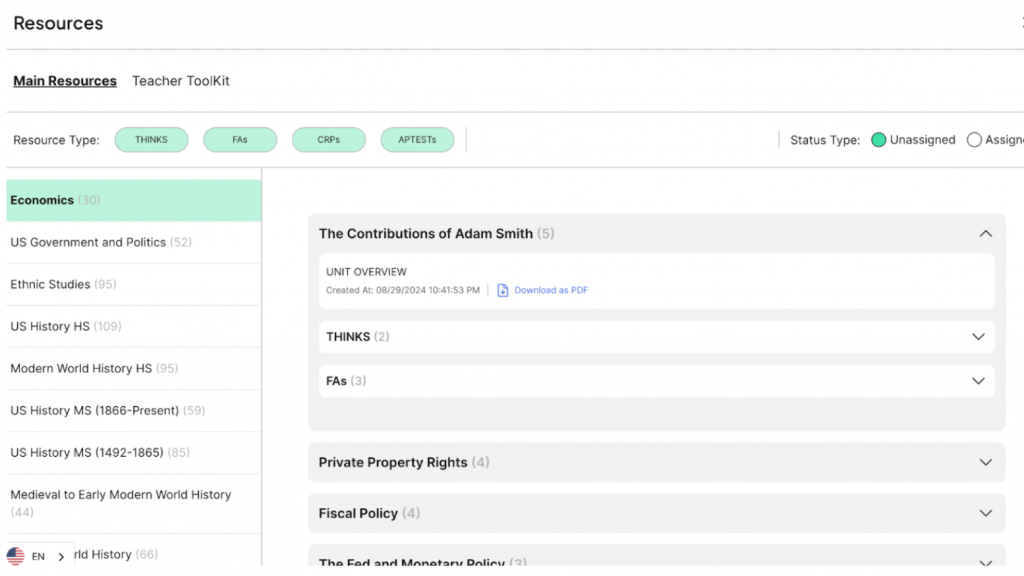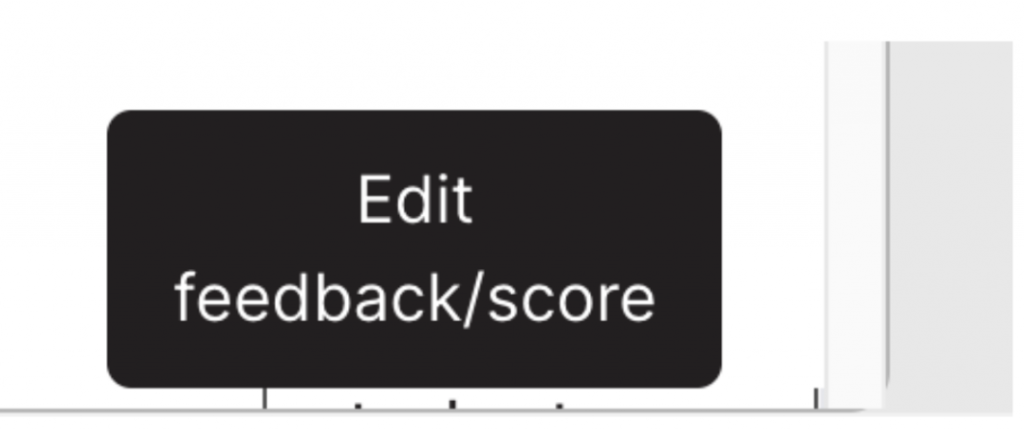New AP Practice Exams Mirror Authentic AP Exam Testing Experience, Provide Instant, Detailed Feedback to Help Students Prepare and Boost Scores
NORTHRIDGE, Calif., March 19, 2025 /PRNewswire/ — As we head into the final months of the academic year, Advanced Placement (AP) exams taking place this May 5-16 mark a critical milestone for millions of high school students striving to earn college credit and showcase proficiency in coursework. To support students in their preparation for AP exams this spring, Thinking Nation, a national 501(c)(3) committed to empowering students to thrive as engaged and critical thinkers for the future of democracy, today announced the launch of its AI-powered AP Practice Exams for AP U.S. History, AP European History, AP World History, and AP Government and Politics students.
“We designed these AI-powered practice exams to give students a true AP exam experience with instant, actionable feedback,” said Valentina Carvajal Bueno of Thinking Nation who held a key role on the AP Practice Exam development team. “Every student deserves access to high-quality test prep, and this tool helps level the playing field so every student can prepare with confidence.”
Thinking Nation’s AP Practice Exams simulate the official AP exam environment, including the writing component, from section timing to question difficulty, to prepare students for exactly what to expect at an affordable price. Unlike other study methods or preparation tools, Thinking Nation’s AP Practice Exams provide instant, AI-generated feedback and actionable study insights, helping students pinpoint exactly where they need to improve.
Students can choose to complete an entire exam or focus on specific sections, tailoring their prep to their needs. By practicing in an authentic test setting, students gain confidence, reduce test anxiety, and improve their time management—key factors in earning a top score. Simultaneously, students have the option of sharing their test results with their teachers, providing them with valuable data on the specific units, skills and exam components to target instruction in the final weeks leading up to the exams.
AP U.S. History teacher, History for Humans creator, and teacher coach Dan Lewer shared, “Thinking Nation’s AP Practice Exams are an amazing resource to help students feel more prepared and confident for the AP exams – one I plan to use with my students every year. The instant feedback on both multiple choice and free response questions helps students understand how to improve their scores in real time. Not only does it save teachers valuable time on grading and feedback, but the detailed performance reports also provide essential insights to guide review before the big day.”
Developed and evaluated by experienced AP teachers and AP exam graders, Thinking Nation’s AP Practice Exams are in strict accordance with the most current guidelines and criteria from the College Board, the AP exams’ governing body. This alignment ensures that students become well acquainted with the exam’s structure and expectations.
“I wish something like this existed while I was in high school. I’ve made a career by making one-minute history videos, but unfortunately, students today need to have more in-depth knowledge and access to affordable test prep if they’re going to pass the AP,” said history teacher and Thinking Nation partner Lauren Cella. “That is why I trust Thinking Nation’s team of AP graders, historians, and AP teachers who have created this test to be as close as possible to the real thing.”
The AP Practice Exams are available 24/7 and are priced at $15 per exam to make quality test preparation accessible to all students. Other practice test packages, courses, and tutoring costs range from $295 to $799 or more and do not offer the targeted feedback and authentic simulation that Thinking Nation’s AP Practice Exams do. Students and parents can learn more about Thinking Nation’s AP Practice Exams and directly purchase one by visiting the organization’s website.
Subscriptions to Thinking Nation’s AP Practice Exams are also available to teachers and school districts. Teachers can easily assign the exams to students, who can then submit their responses online. Detailed performance feedback is generated instantaneously, allowing students to make targeted improvements in their preparation and teachers to fine tune classroom instruction and reviews leading up to the official AP exams. To learn more about the AP Practice Exams platform and how to implement it in your school or classroom, visit Thinking Nation’s website.
For more information on Thinking Nation’s innovative approach to fostering historical thinking in social studies education, visit thinkingnation.org. Educators can explore Thinking Nation’s Best Practices Repository for valuable resources and strategies.
To contribute financially to the organization’s work to transform social studies classrooms across the country, go to thinkingnation.org/donate.
About Thinking Nation
Thinking Nation is a national 501(c)(3) committed to empowering students to thrive as engaged and critical thinkers by supporting teachers with meaningful curricula, training, and technology to transform social studies education for the future of democracy. We believe that education is our greatest equalizer, and that every student, regardless of zip code or socio-economic background, deserves access to learning practices that reflect the diversity of identities, histories, contributions, and experiences to support enriched educational opportunity, equity, and success for all. Thinking Nation currently serves more than 35,000 students in 16 states and the District of Columbia. For more information about Thinking Nation or to support the organization’s work to transform social studies classrooms across the country, please visit thinkingnation.org/donate.
Media Contacts
Laura Wessells and Martha Holler
ShinePR for Thinking Nation, thinkingnation@shinepr.com
